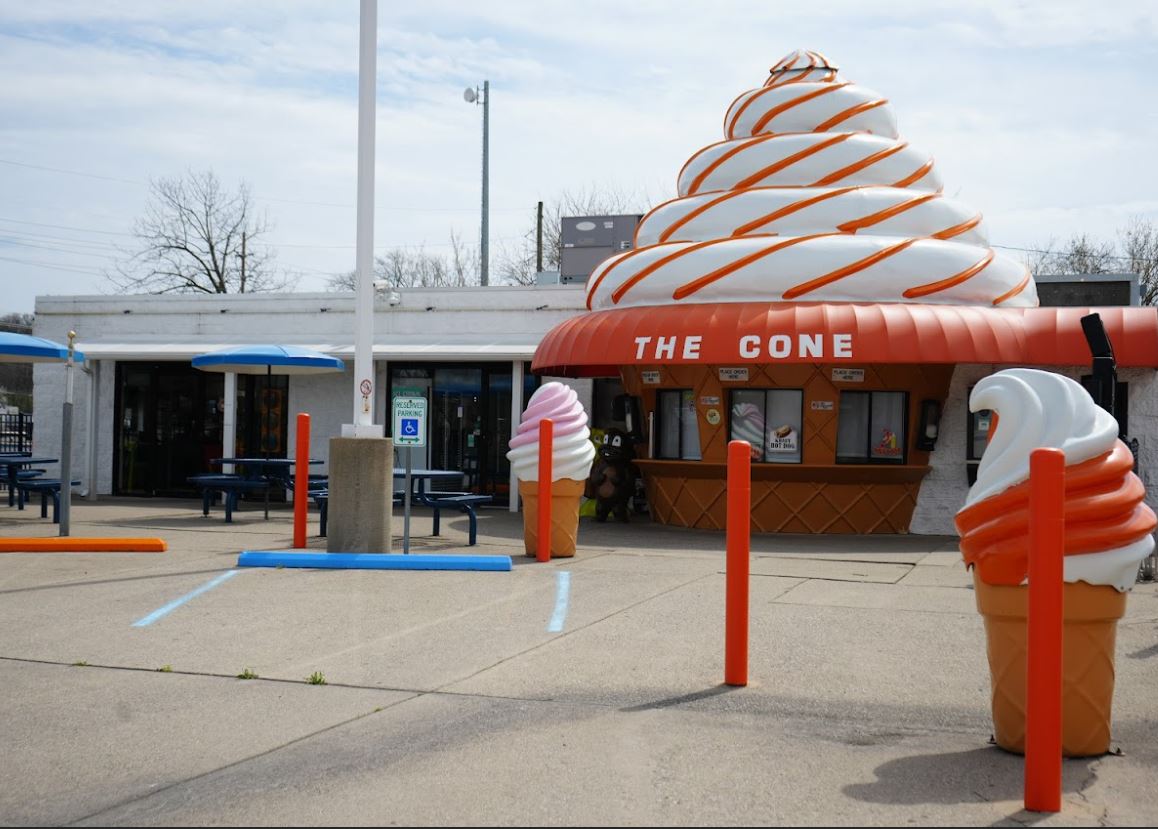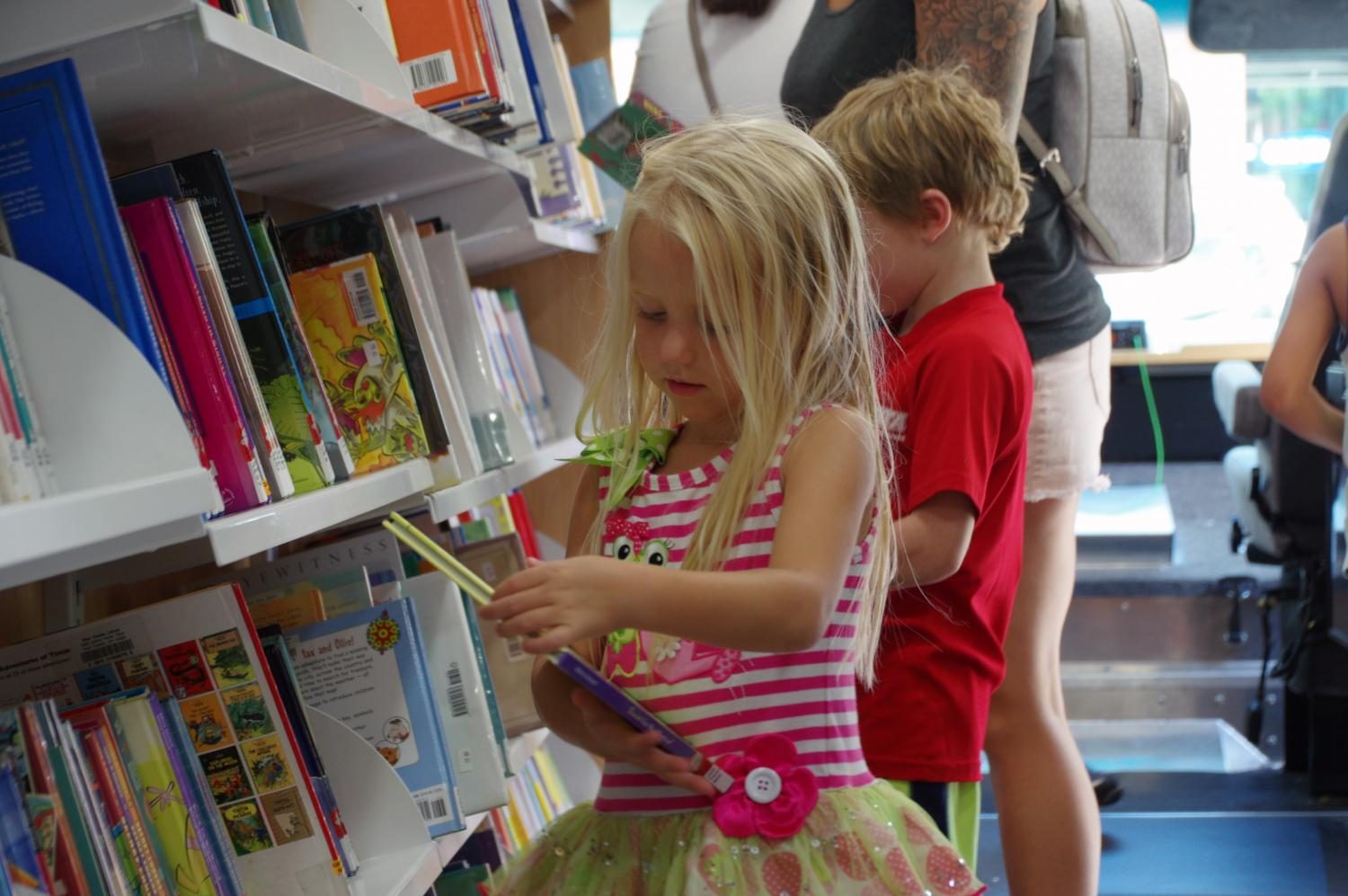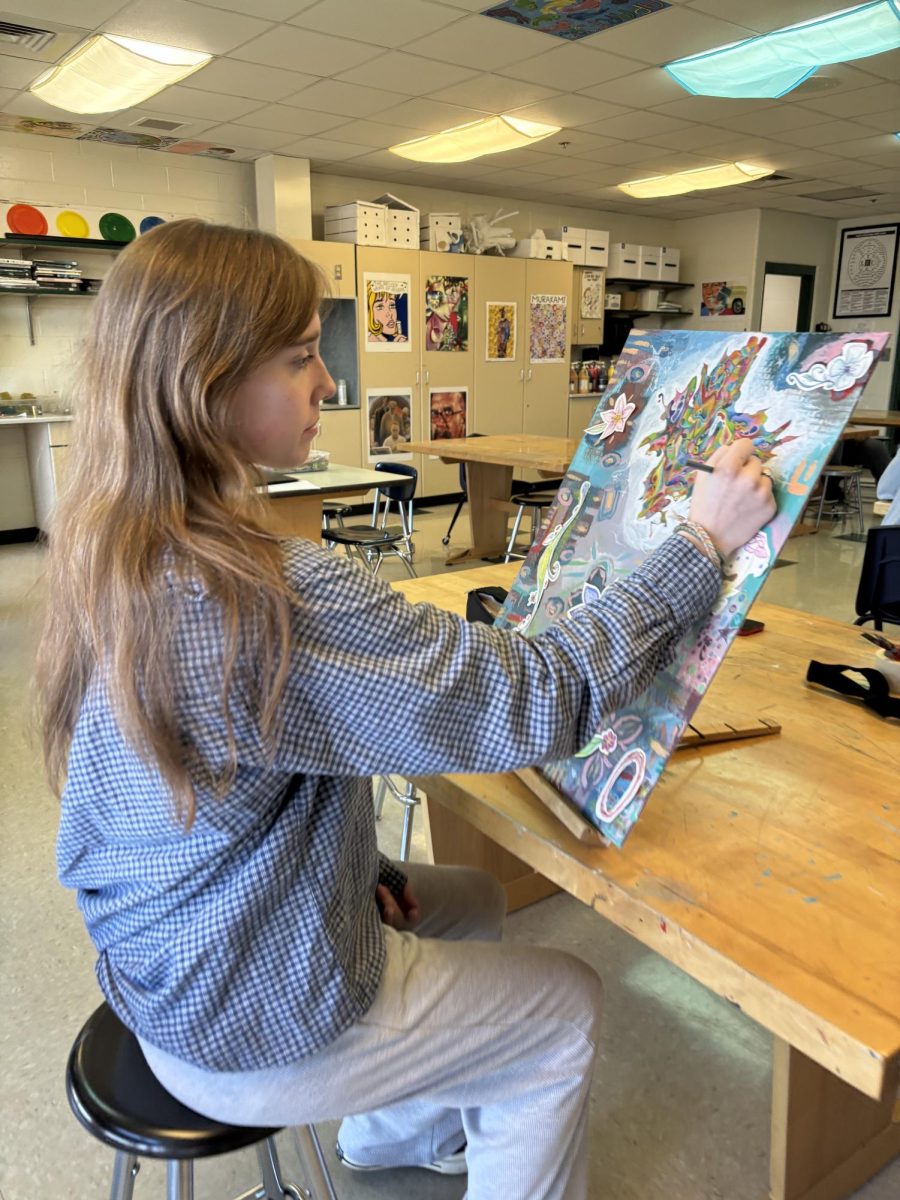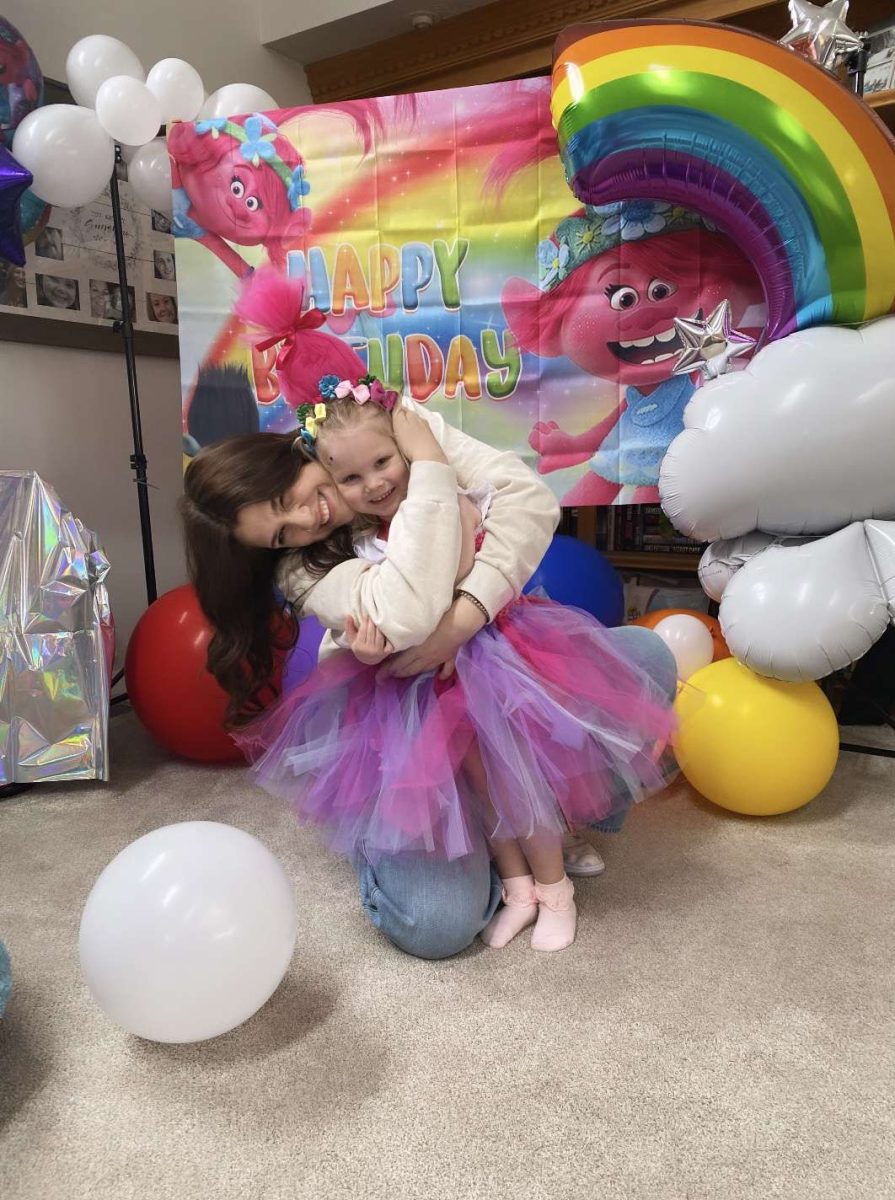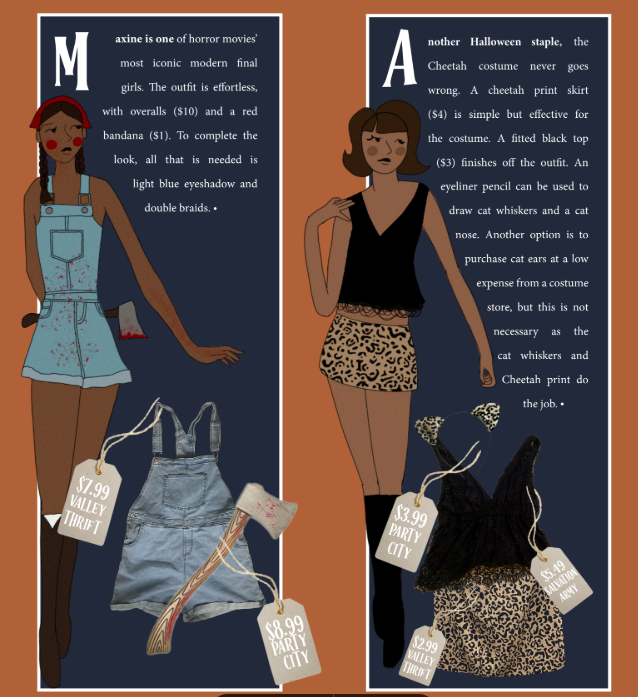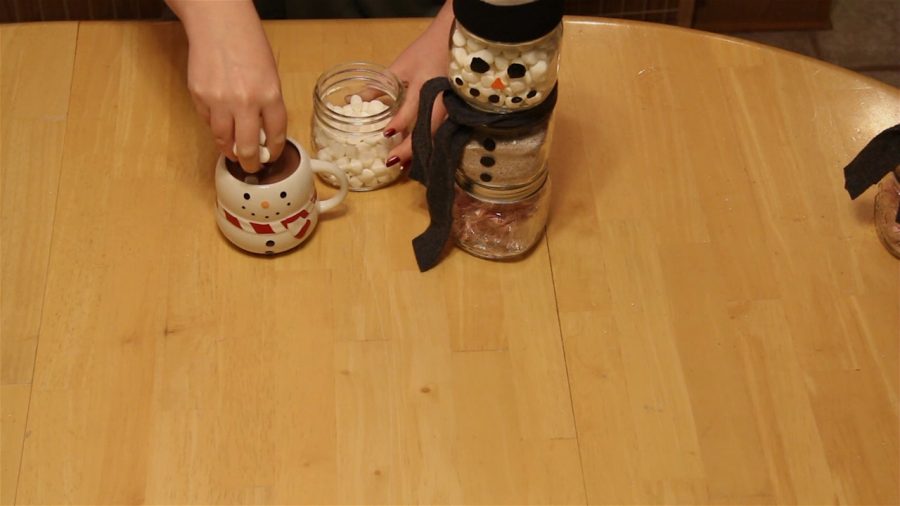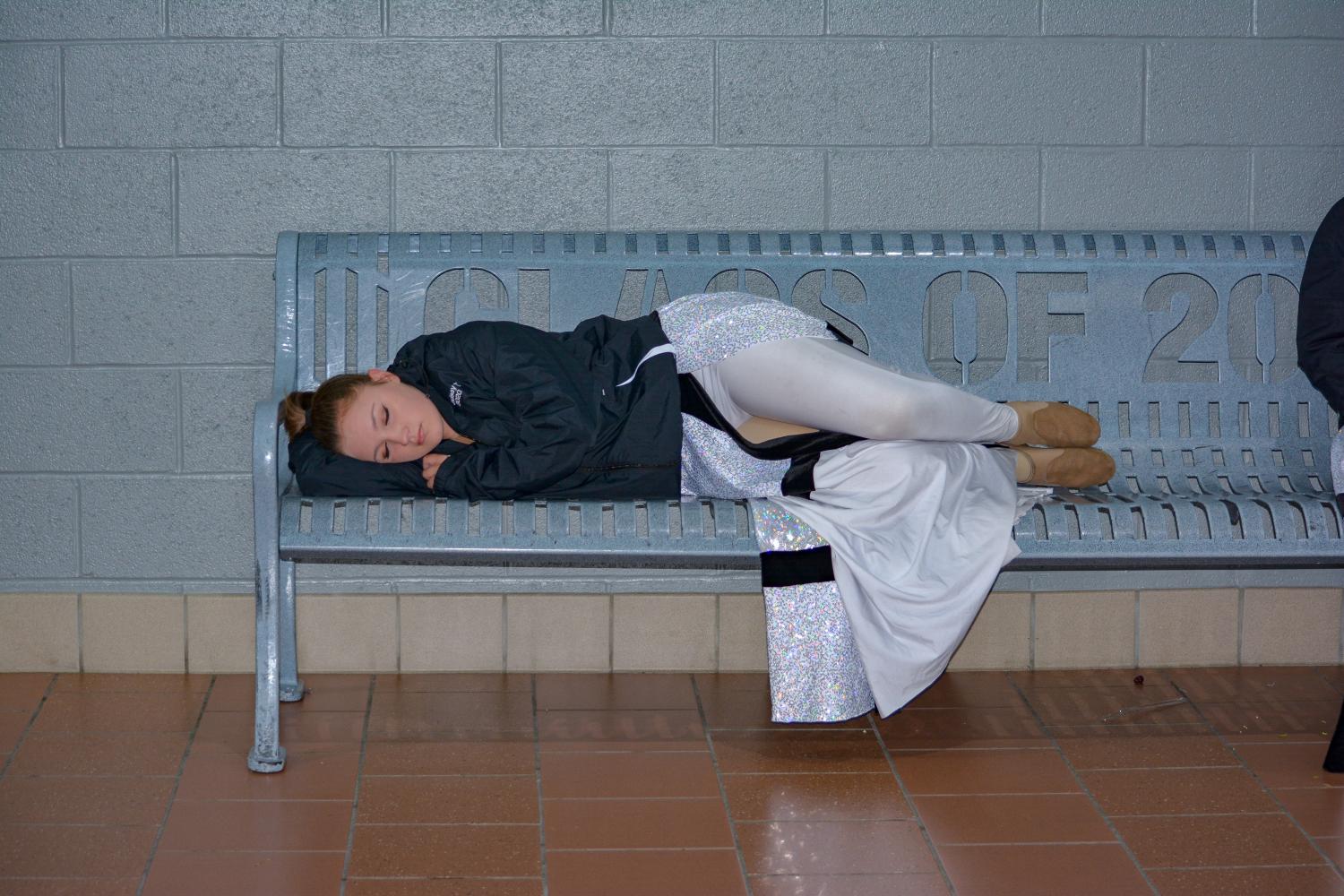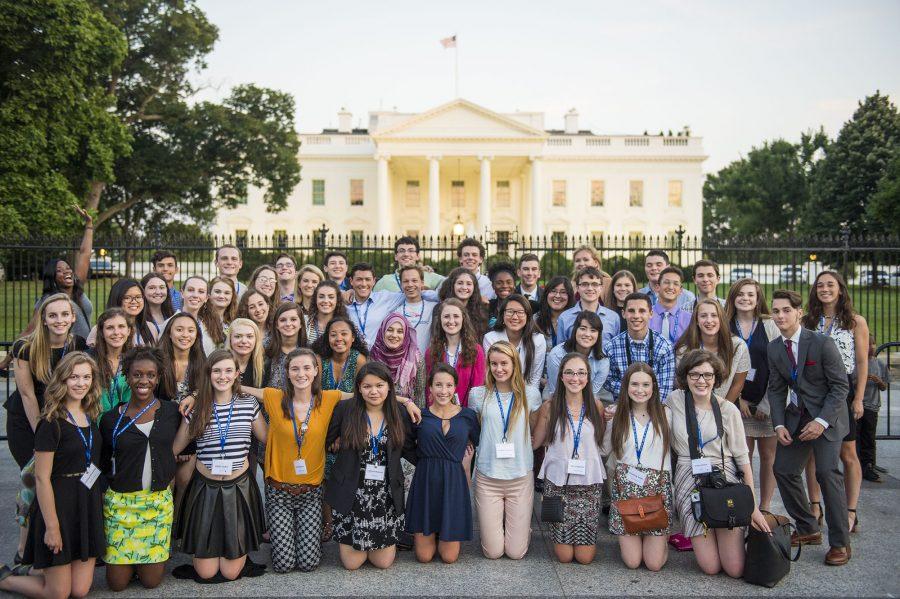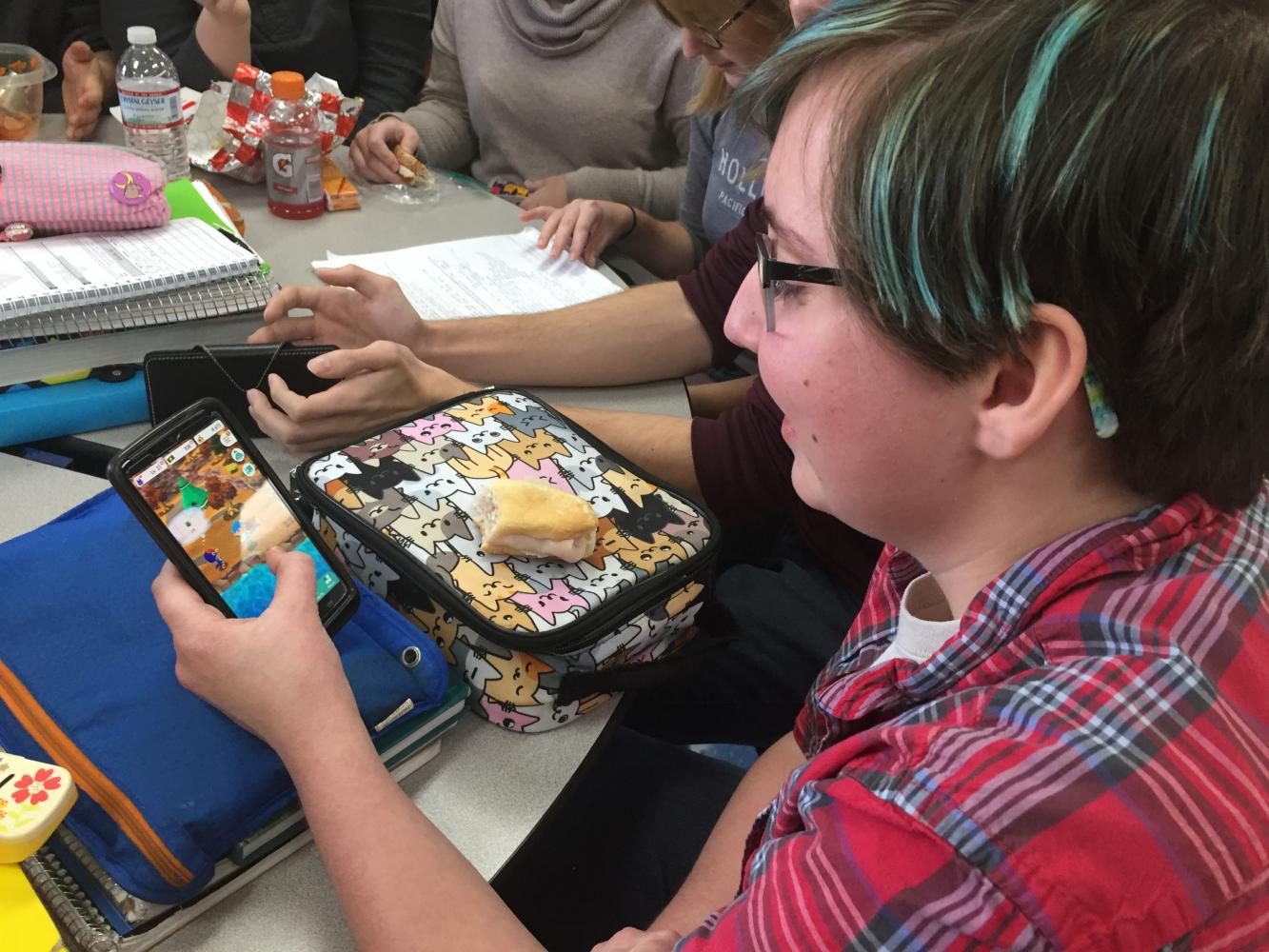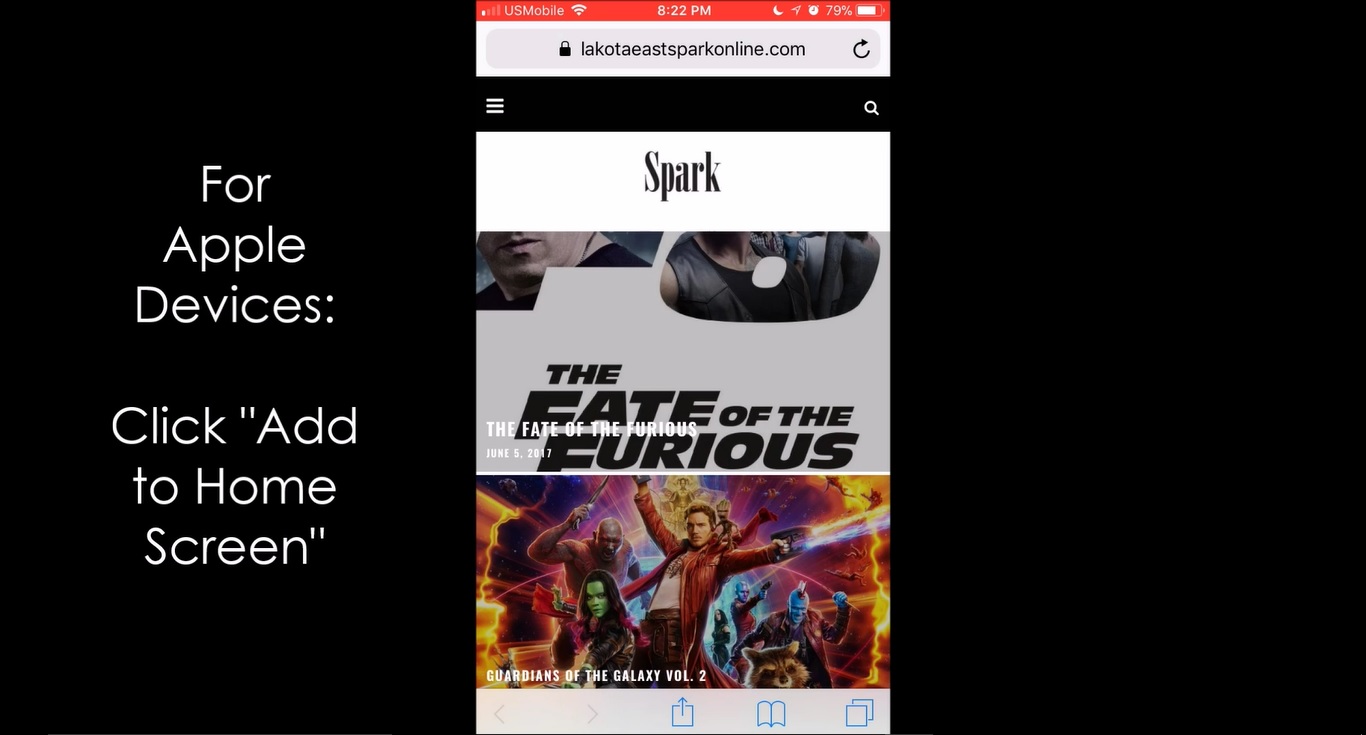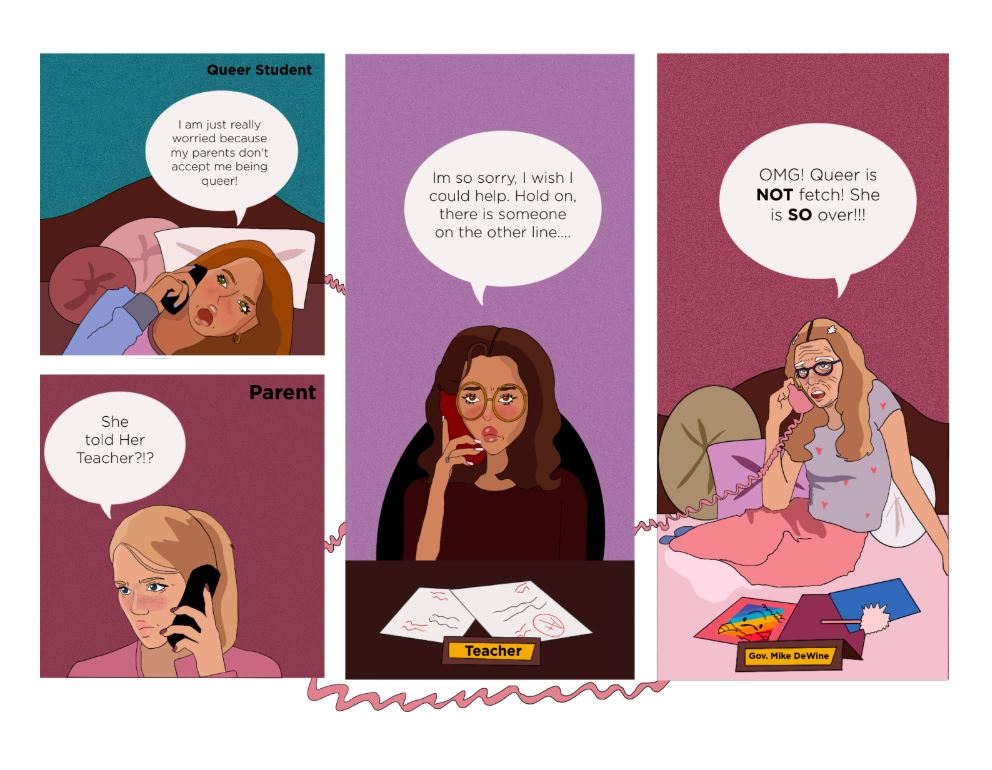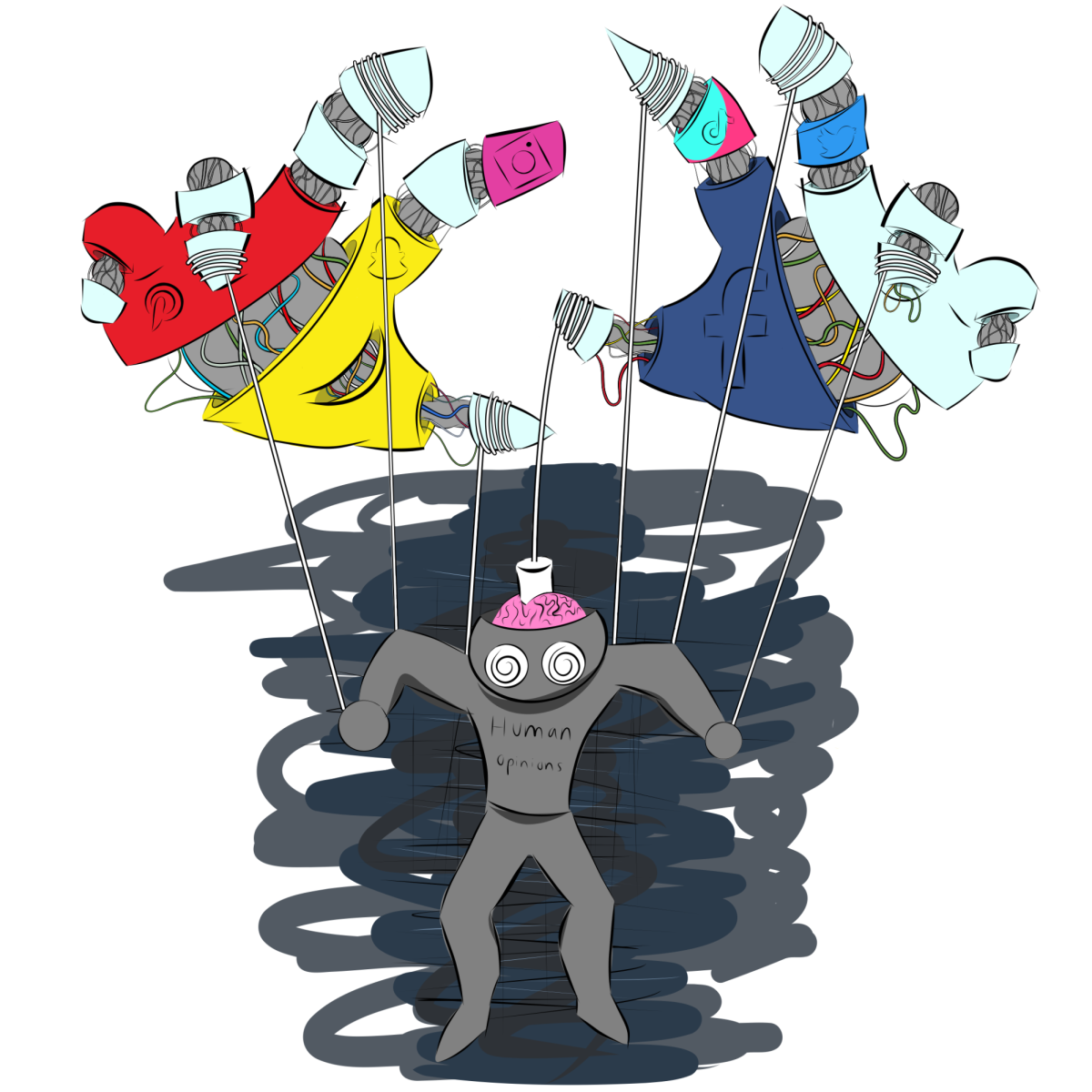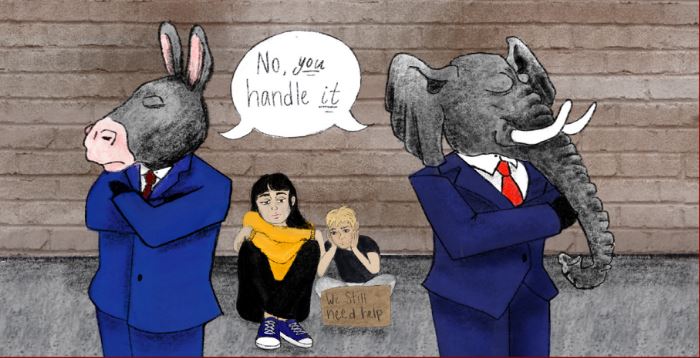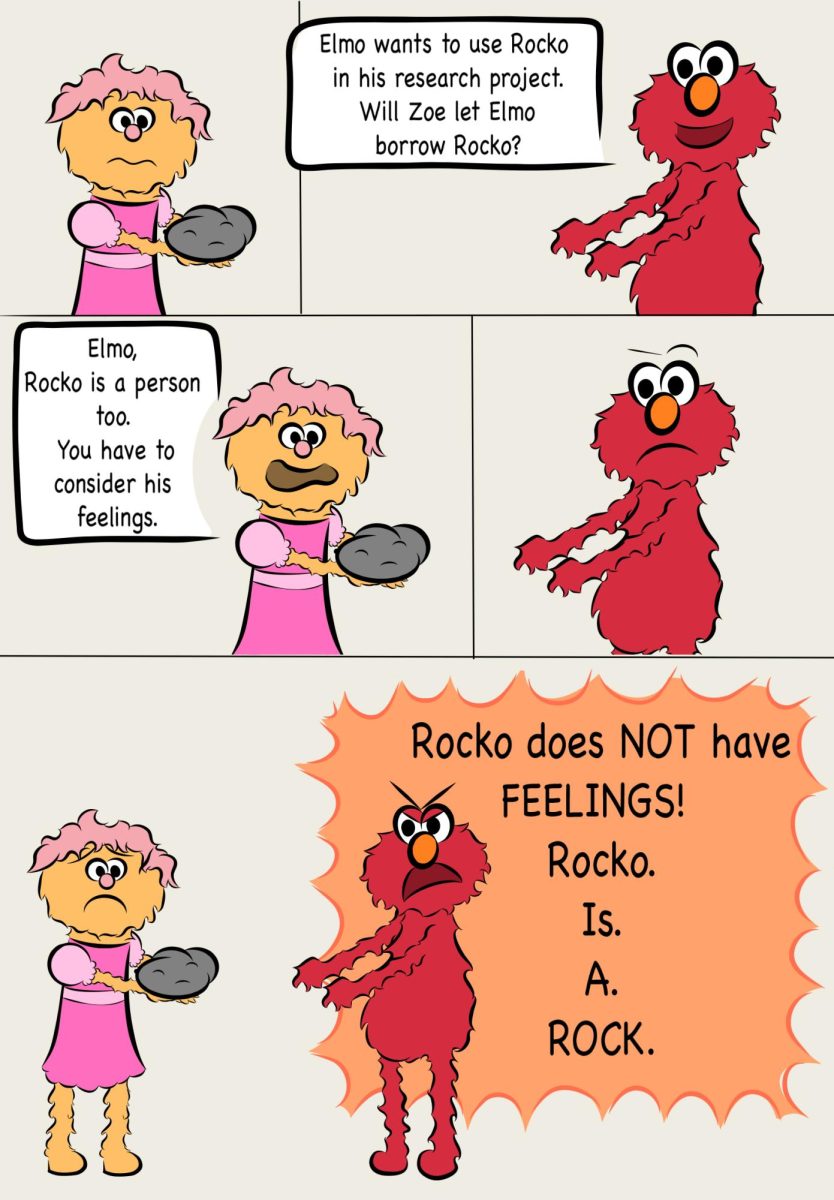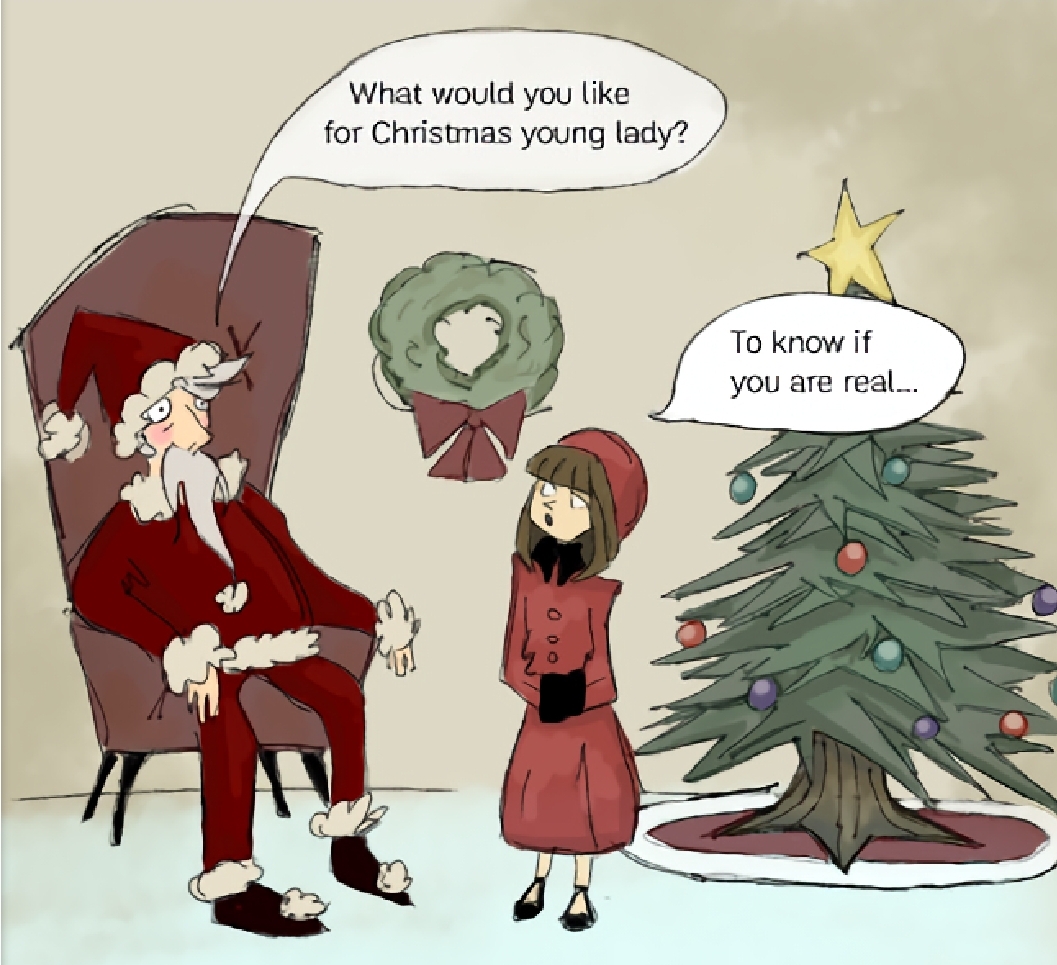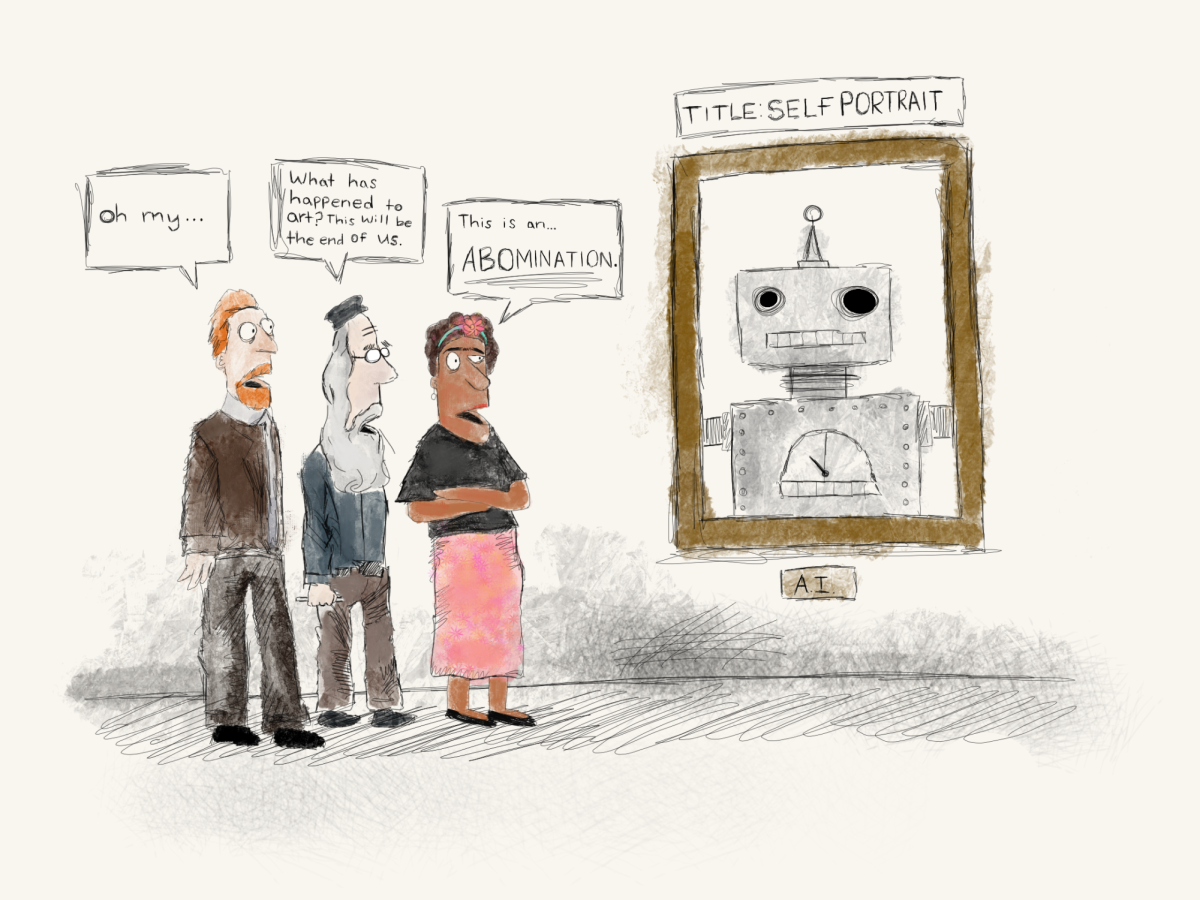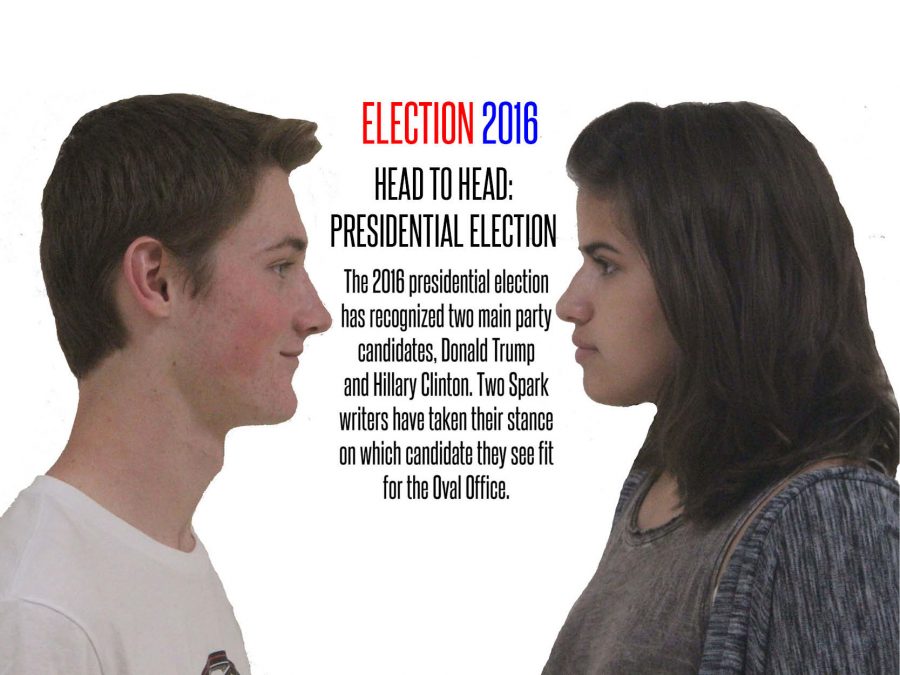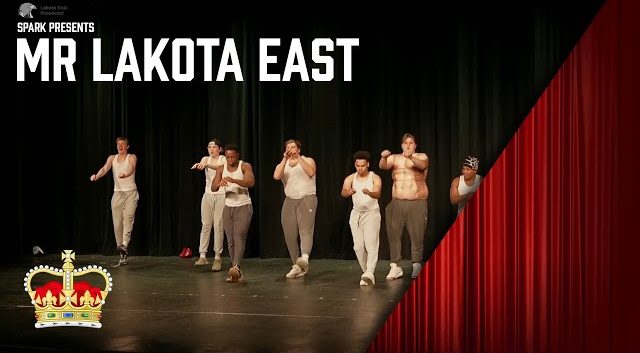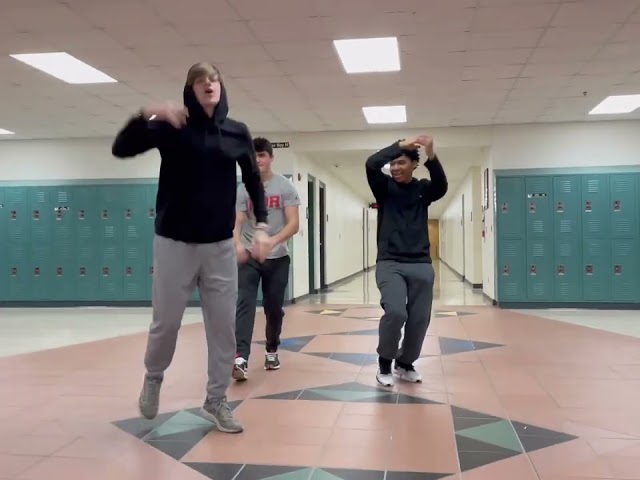I still remember when I first questioned Santa Claus’s existence. I was looking at a note he had written to me and was comparing it to one my friend received. My first thought was, “wait a minute, how could Santa’s handwriting be so different between these notes?”
I decided that it was probably because his hand was so tired from writing millions of letters to other kids. I continued to silently question these little discrepancies until I finally talked to my dad about it, when it was revealed that Santa was, in fact, only a myth.
Though I was close to figuring it out, it still took me by surprise. I realized that a naive time in my life was ending and being replaced with a new age, an age of keeping the secret from my siblings and secretly moving the Elf on the Shelf after my little siblings went to bed. With that being said, I would not trade those memories for anything.
These memories are some of my most cherished memories as a child, so it is weird to think that some kids grew up celebrating Christmas without ever believing in Santa. Even as I became more doubtful, the amount of festive songs, movies, and books about Santa kept the belief going.
One of the biggest reasons I believed in Santa for as long as I did was because of the Santa Tracker. I just kept thinking to myself, “Why would people create and watch a Santa Tracker if Santa was not actually real?” As for songs, even though every person who sings songs about him knows Santa is not real, they sing anyway because of the excitement and love that comes along with Christmas.
According to a study conducted by Professor Jacqueline Woolley, over 80% of five-year-olds that celebrate Christmas believe in Santa. That percentage quickly decreases after age 6, but the spirit of Christmas lives in almost every child who celebrates. That number should not decrease just because parents want to carry on the illusion for as long as they can.
That is a problem because, by definition, it is a lie. What sets this lie apart from other lies is the positive connotation of the fantasy. According to Newsweek , 72% of parents decide to tell their children that Santa exists, the other 23% believe it is lying.
Secretly planning a birthday party for a friend and telling them you are not doing anything is not a bad lie, and telling your kids Santa exists is no different. It is simply a festive and fun way for kids to enjoy the short time they have in the “magical years.”
“Magical years” are the years where children are old enough to think for themselves, but young enough to let their imagination run wild without worrying about reality. This is when most kids believe in Santa Claus, the Easter Bunny, and the Tooth Fairy, but the amount decreases as kids become more mature and skeptical.
The magic of Christmas really is an irreplaceable feeling, and Santa plays a huge role in this, especially for young kids. Most young kids’ number one priority at Christmas is the presents. Who usually delivers these presents? Santa.

Sitting by the tree and waiting for a turn to open a present from Santa provides this festive warmth one cannot get anywhere else. In a study done by Psychology Professor Thalia Goldstein, 77 children were interviewed after meeting a man dressed as Santa in a museum. Overall, 93.1% of the children believed Santa exists and that he has been in contact with the man they met at the mall.
This shows just how easily young childrens’ minds can be influenced by something, or someone, they see. Never telling them Santa is real removes all of the childhood whimsy and excitement, and one might run the risk of them spoiling that fun for other children.
This also pertains to the Easter Bunny, the Tooth Fairy, Cupid, and other, similar characters. The exhilaration of falling asleep with a tooth under one’s pillow, eagerly waiting for family members to be ready so kids can search for Easter eggs, these are unforgettable memories that teach kids valuable lessons. For instance, they all teach that hard work pays off, that patience is important and necessary, and why waiting could lead to something magical.
What happened to the wonder of childhood? If a child is clearly beginning to figure out the mystery of Santa, let them figure it out in their own way. Let their imagination run wild while they are kids.
Not only does this make them more independent, but it also helps them learn important life skills, and it makes them feel mature and proud. No matter what parents choose to do, they should let kids enjoy the Christmas season without being worried about being ridiculed. They should not forget to enjoy some of those extraordinary moments for themselves, too.


